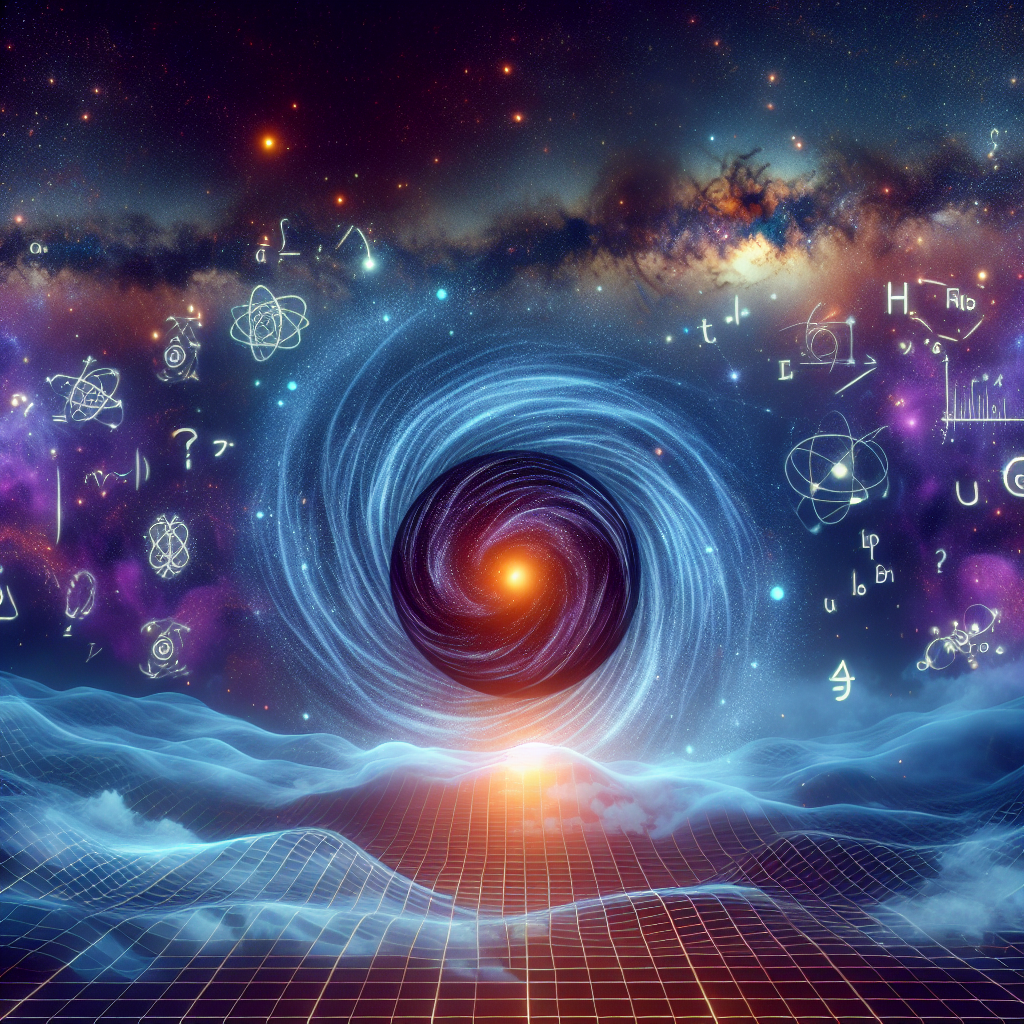Dark Energy’s Variability: A Discovery That Could Transform Science
Dark Energy’s Variability: A Discovery That Could Transform Science
Introduction to Dark Energy
Dark energy, a mysterious force driving the accelerated expansion of the universe, has long puzzled scientists. Traditionally considered a constant, recent discoveries suggest that dark energy might be more dynamic than previously thought.
Key Discoveries
Recent research has unveiled potential variability in dark energy, challenging the long-held belief of its constancy. This breakthrough could have profound implications for our understanding of the universe.
- Dynamic Nature: Evidence suggests that dark energy may change over time, influencing cosmic expansion differently at various epochs.
- New Models: Scientists are developing new models to incorporate this variability, which could redefine cosmological theories.
- Observational Evidence: Advanced telescopes and observational techniques have provided data supporting these new insights.
Implications for Science
The potential variability of dark energy could revolutionize several scientific fields, from cosmology to fundamental physics.
- Cosmological Models: Existing models of the universe may need revision to accommodate a dynamic dark energy component.
- Physics Theories: This discovery could lead to new theories in physics, potentially bridging gaps in our understanding of fundamental forces.
- Technological Advancements: The pursuit of further evidence may drive advancements in observational technology and methodologies.
Conclusion
The discovery of dark energy’s potential variability marks a pivotal moment in scientific exploration. By challenging established notions, it opens new avenues for research and understanding, promising to transform our grasp of the universe and its underlying principles.




































